Endoscopy of the nose and nasopharynx for children

specialists

equipment

treatment

Endoscopy of the nose and nasopharynx is prescribed if the following symptoms are present:
- Permanent congestion
- Snoring, sleep apnea
- Hoarseness of voice
- Difficulty breathing
- Impaired sense of smell
- Frequent bleeding
- Discharge from the ears
- Hearing loss
- Headache
- Speech delay
- Recurrent diseases of the ENT organs
The study allows you to determine the causes of chronic or recurrent symptoms, assess the patency of the nasal passages, and check the condition of the vessels of the mucous membrane. During the procedure, the doctor may identify a foreign body, sinusitis, tonsillitis, or deviated septum. Endoscopic examination of the nose in children does not have a negative effect on the body, so it can be performed several times at the request of the otolaryngologist. You can find out the price for nasal endoscopy for a child and make an appointment at the K+31 clinic by calling the phone number provided on the website.
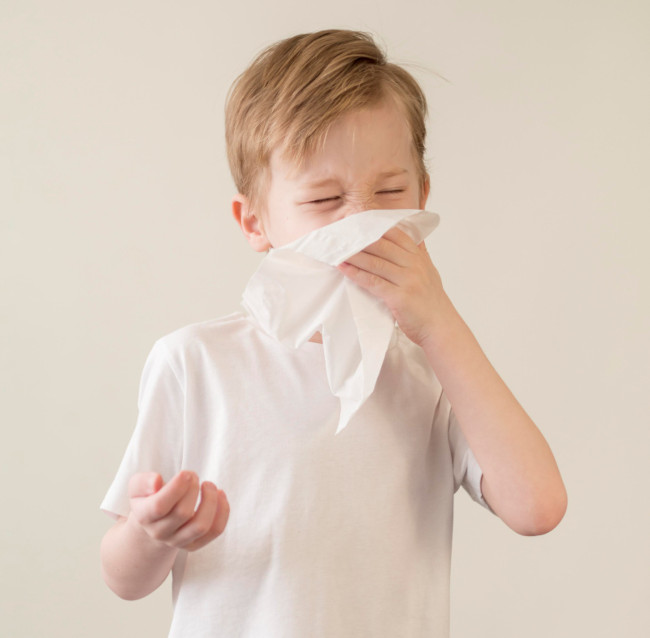
Endoscopic examination is not performed if there are such restrictions:
- Acute infectious diseases. If you have a sore throat, otitis media, rhinitis, or sinusitis, you should postpone the examination until complete recovery in order to avoid complications and the spread of infection
- Allergic reactions. They complicate the procedure and make it less informative
- Exacerbation of chronic diseases. If a child has worsened chronic sinusitis or adenoiditis, endoscopy is postponed until the condition stabilizes
- Injuries of ENT organs. The procedure may cause pain and worsen the patient's condition
- Severe bleeding disorders. There is a high probability of bleeding, which will be difficult to stop
- Increased anxiety, fear. If the child is very afraid of the procedure and cannot cooperate with the doctor, the examination is not possible without the use of sedation or general anesthesia
Before performing an endoscopy, the doctor evaluates the patient's condition and decides whether the procedure can be performed safely. If there are contraindications, other diagnostic methods are selected. Examination using a rigid endoscope is prohibited for children under 1 year of age. Before the age of 3 years, the examination is often carried out using a flexible device.
Advantages of the method
In most cases, no additional research is required to make a diagnosis. An endoscope examination takes place without compromising the integrity of the mucous membrane, therefore it is considered bloodless and safe. When planning surgical interventions, endoscopy helps to accurately assess the extent of the pathological process and perform surgery with minimal risks.

Endoscopic examination of the nose and nasopharynx in a child has a number of advantages:
- Minimally invasive The procedure is carried out with minimal intervention in the body, which speeds up the recovery period
- Visualization of hard-to-reach areas Endoscopy allows you to examine areas that are inaccessible during normal examination
- Quick results The doctor receives the image in real time, immediately assesses the condition and makes a decision on further treatment
- High diagnostic accuracy Allows you to obtain a clear and detailed image of the inner surface of the nose and nasopharynx, which contributes to a more accurate diagnosis
- Identification of hidden pathologies The procedure helps to identify pathological changes that do not always manifest themselves with obvious symptoms. These include inflammatory processes at the initial stage, small polyps and neoplasms
- No pain or discomfort Modern endoscopic instruments and techniques make it possible to carry out the procedure without any unpleasant sensations for the child
General information about the procedure
Answers to popular questions
How long does an ENT endoscopy take for a child?
Does it hurt children during an endoscopic examination of the nose?
Is long-term rehabilitation required after endoscopy of the nose and nasopharynx in a child?
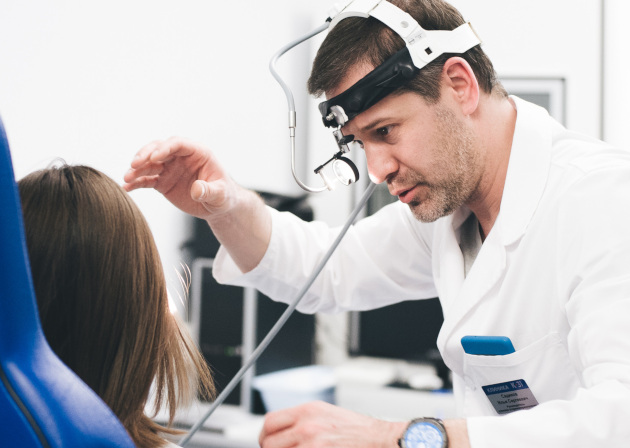
How is an appointment with an otolaryngologist at K+31?
Our doctors

This award is given to clinics with the highest ratings according to user ratings, a large number of requests from this site, and in the absence of critical violations.

This award is given to clinics with the highest ratings according to user ratings. It means that the place is known, loved, and definitely worth visiting.

The ProDoctors portal collected 500 thousand reviews, compiled a rating of doctors based on them and awarded the best. We are proud that our doctors are among those awarded.
Make an appointment at a convenient time on the nearest date
Price






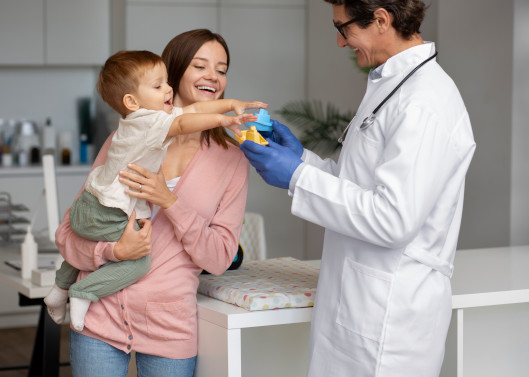

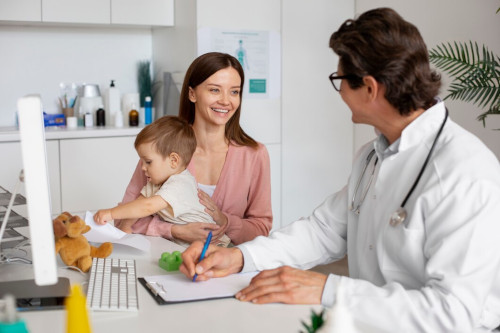
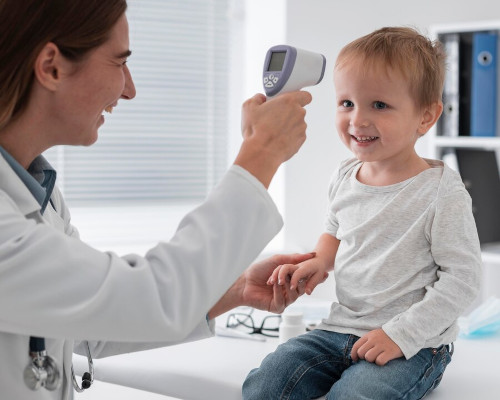
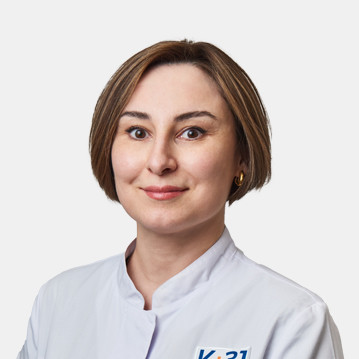
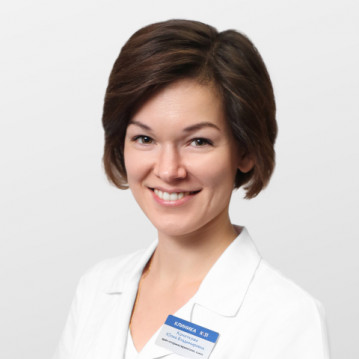
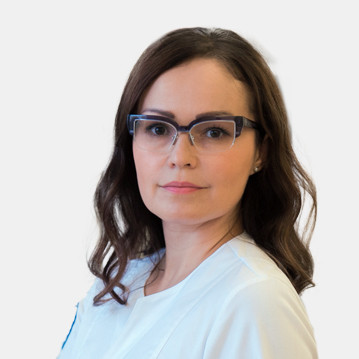
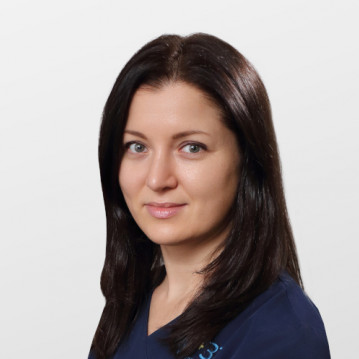
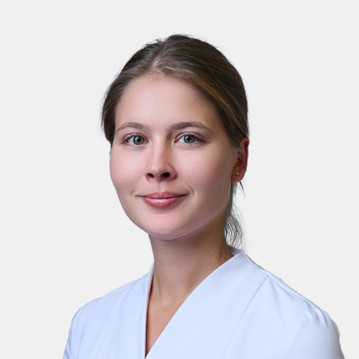
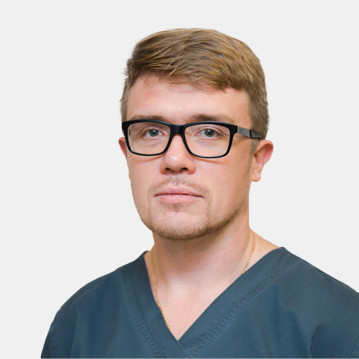
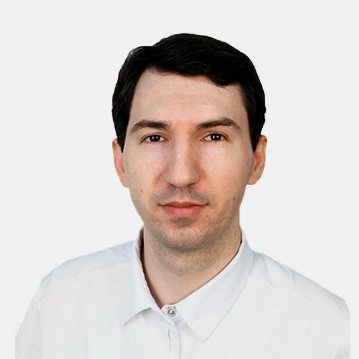
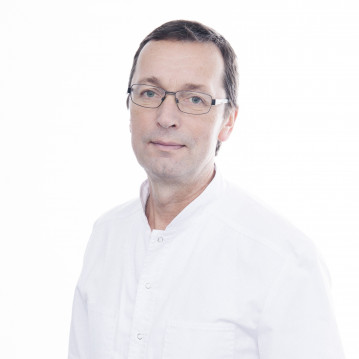
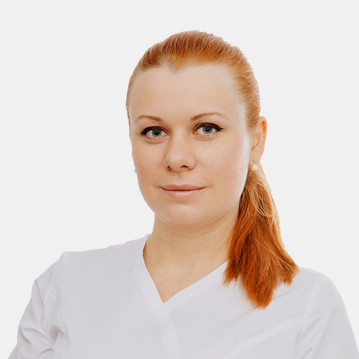
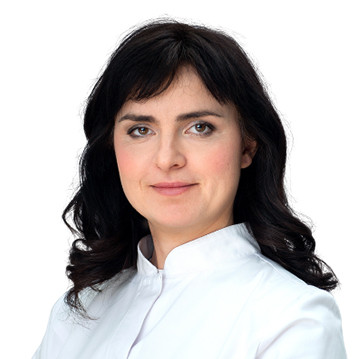
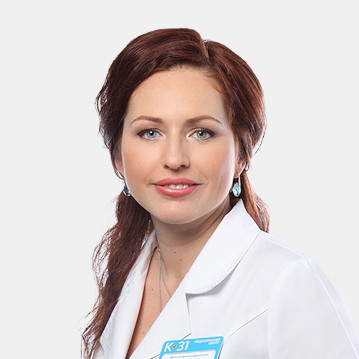
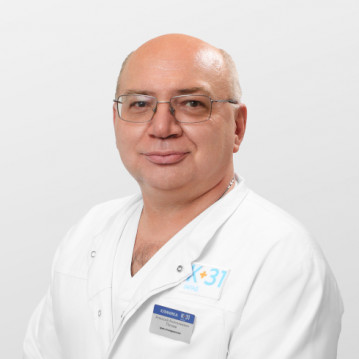
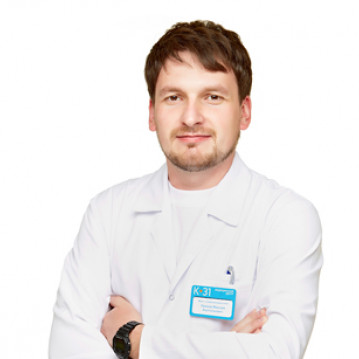
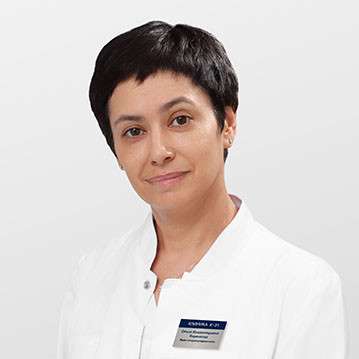
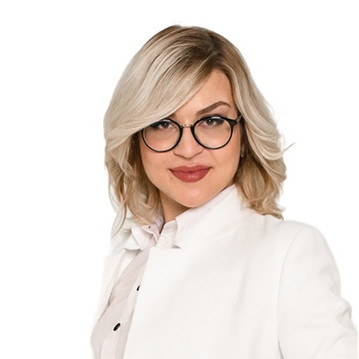
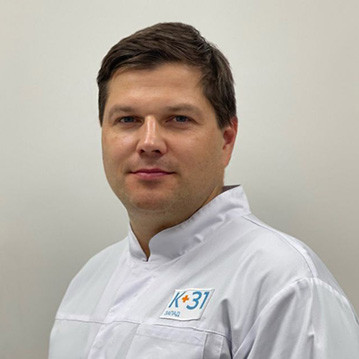
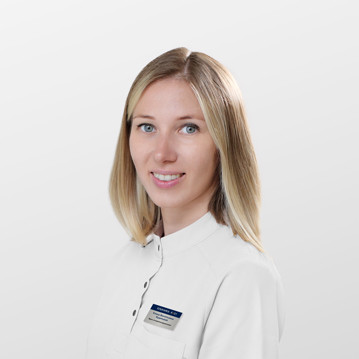
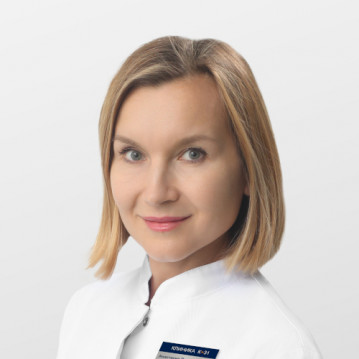
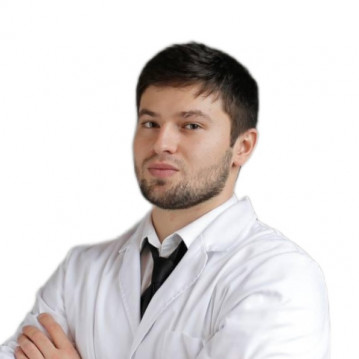
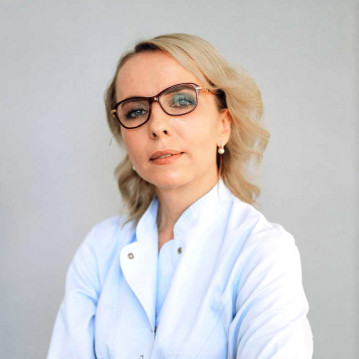
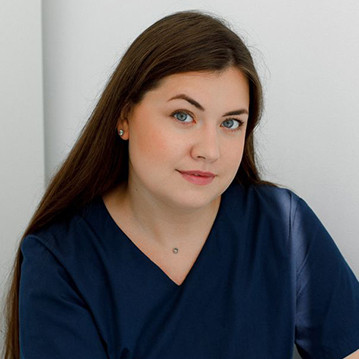
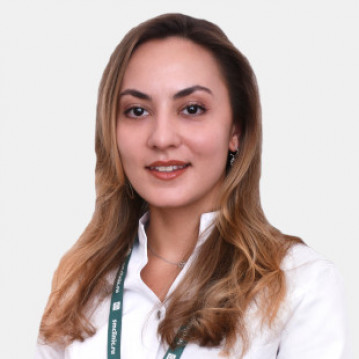





Goals of endoscopic examination
The examination is carried out to check the condition of the mucous membrane of the nasal cavity and nasopharynx, detect inflammation, pathological changes in the nasal passages and paranasal sinuses. In addition, endoscopy helps identify polyps, tumors and congenital anomalies of the nasopharynx, such as choanal atresia (blockage of the openings connecting the nasal cavity to the nasopharynx).
Endoscopic examination is necessary to assess the consequences of previously performed operations, detect relapses of diseases, and monitor the effectiveness of treatment. If necessary, during the procedure, the doctor takes biomaterial from suspicious areas for histological examination and clarification of the diagnosis.